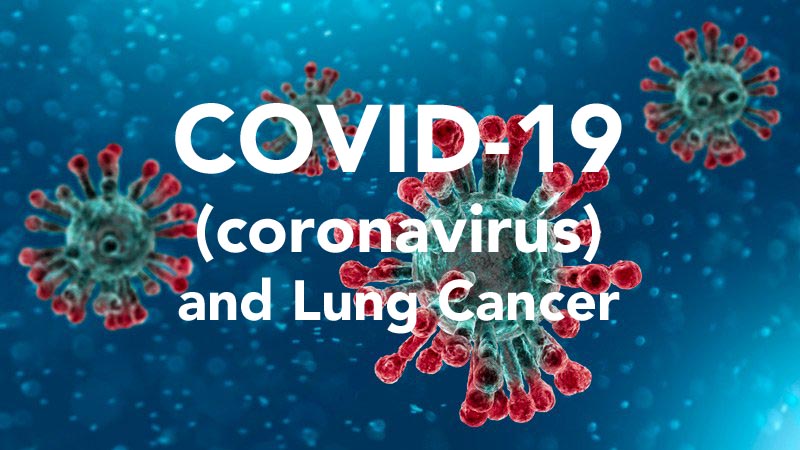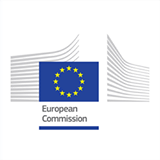-
+1 700 888 1234
-
Effingerstrasse 40 3008 Bern Switzerland

COVID-19 is an illness caused by a novel (new) coronavirus that was identified in December 2019. On March 11, 2020, the World Health Organization declared COVID-19 a pandemic.
Human coronaviruses are a large family of viruses. They are common and often cause mild illnesses, such as the common cold. But they can also cause more serious illnesses.
COVID-19 is a serious health threat, and the situation is evolving daily.
Although much remains unknown about COVID-19 (coronavirus), it’s clear that elderly people, those with other health conditions and people with compromised immune systems have a higher likelihood of severe illness. This includes people with lung cancer. But taking some basic precautions can lower your risk and improve your well-being.
Compared with the general population, people with lung cancer are at higher risk of developing more serious COVID-19 illness. As a group, they are older and have poorer overall health, and many are taking medications that suppress the immune system. Many chemotherapy medications and targeted therapies for lung cancer can cause neutropenia, or depletion of immune system white blood cells that fight infection.
When you look at who’s been most profoundly ill, it tends to be people who are older, in their 60s, 70s and 80s, as you get older, your immune system doesn’t function as well. In cancer patients on chemotherapy, people with solid organ transplants or bone marrow transplants and those who use high-dose steroids for autoimmune diseases, the risk will likely be more severe. They may shed the virus for longer. They may be more likely to develop pneumonia and more likely to die. We don’t know until we have more information, but many of us have concerns about that.
People with a weakened immune system may be unable to fight off the virus, or they may develop an abnormal excessive immune response known as a cytokine storm. Paradoxically, immune suppression can sometimes mean milder early symptoms, such as fever, even as the virus and the body’s response to it ravage the lungs.
With other respiratory viruses, immune-suppressed patients often don’t present with the classical symptoms. The symptoms may be more subtle, so we have to have more awareness. Oftentimes their initial symptoms may be less prominent, but the level of complex disease may be more severe.
Symptoms can be very mild or more serious. It may take up to 14 days for symptoms to appear after someone is exposed to COVID-19.
People with mild symptoms who are otherwise healthy should self-isolate and contact their medical provider or a COVID-19 information line for advice on testing and referral. People with fever, cough or difficulty breathing should call their doctor and seek medical attention.
Some people who are infected with COVID-19 don’t have any symptoms.
If you start having symptoms of COVID-19, such as a fever, a cough or breathing problems:
People living with lung cancer may benefit from extra precautions. Stay in communication with your cancer team, and keep up to date on new developments. Let them know if you have questions or concerns, especially if you have new symptoms or were recently exposed to someone who is ill.
Most important, don’t panic! We’re all expecting this to be a prolonged and complicated process. The best thing people can do is focus on ways that they can protect themselves because those small things can be enough to provide an extra layer of protection for everyone.
The situation is changing rapidly and country-specific guidance varies. It is important that patients, caregivers, family and workers stay up to date with the guidance specifics for their region by navigating directly to their country’s official health body and visiting that online page directly.
Also see our FAQs for COVID-19 and lung cancer.
For more information:
WHO – The World Health Organization Coronavirus disease (COVID-19) outbreak page: https://www.who.int/emergencies/diseases/novel-coronavirus-2019
https://www.who.int/docs/default-source/coronaviruse/srp-04022020.pdf

The European Commission‘s latest measures, statistics and resources to address the coronavirus.
ECCO – European Cancer Organization:
https://www.ecco-org.eu/Global/News/COVID-19/Resources
ECDC: The European Centre for Disease Prevention and Control (EU) Coronavirus topic page: https://www.ecdc.europa.eu/en/coronavirus
ESMO – European Society of Medical Oncology:
https://www.esmo.org/newsroom/covid-19-and-cancer/q-a-on-covid-19
